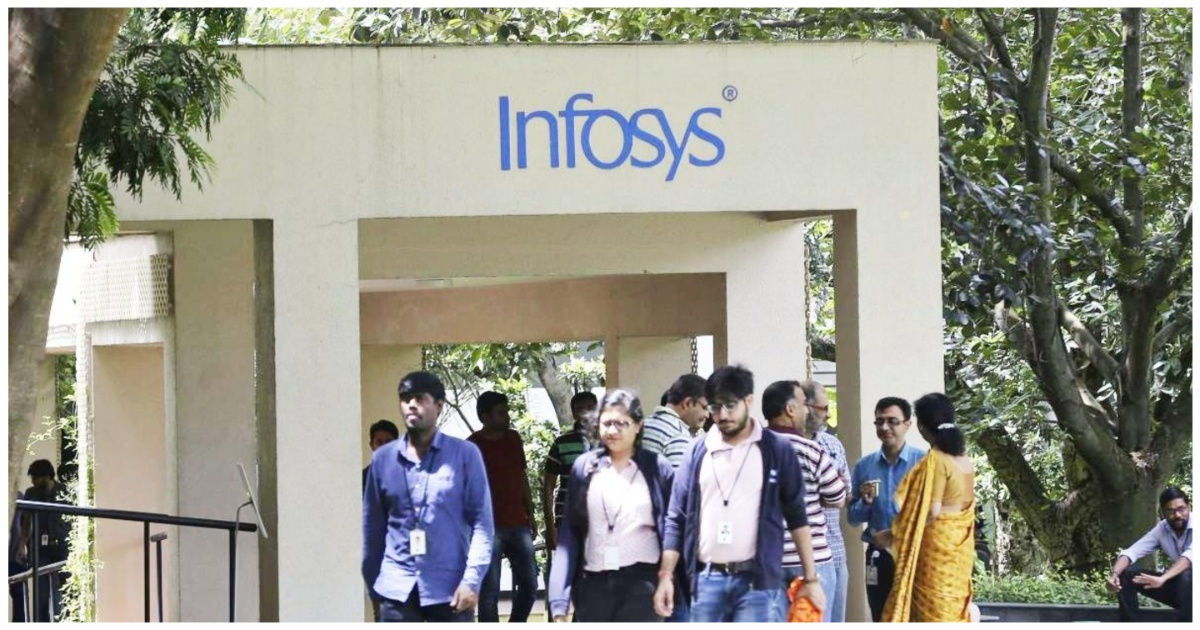India’s IT industry has been seen to be getting increasingly serious about employees returning to offices, but one of its biggest players might be moving in the opposite direction.
Infosys has allowed employees to leverage more remote work options in FY24 than in FY23, its ESG (environmental, social, and governance) report has said. In FY24, 84 percent of Infosys employees leveraged remote working options, compared to 75 percent in FY23. In FY22, when the Covid pandemic was still around, this figure had been 97 percent. It appears that Infosys wants remote work to stay for the long term — by 2030, it targets 33 percent of its work to be delivered through remote work.

“With many employees preferring to work out of their base locations in tier-2 and -3 cities following the Covid-19 pandemic, Infosys made a strategic decision to open offices in tier-2 cities to help them work locally. This strategy is expected to have a two-fold impact: It can boost the local ecosystem and reduce construction in the big cities, thereby reducing pollution and water stress. In line with this strategy, in fiscal 2024, we opened two offices in Visakhapatnam (Andhra Pradesh) and Coimbatore (Tamil Nadu),” Infosys’ ESG report said.
Infosys has approached the problem of employees being reluctant to return from their hometowns after the Covid pandemic by setting up more offices in Tier 2 cities, and even smaller offices in Tier 1 cities that reduce employee commutes. “The Infosys North Gate office in Bengaluru is one such example. Along with reducing travel stress for employees, these have also created opportunities for local talent,” the report said. Infosys is encouraging a hybrid work model at these offices. “It offers the flexibility of working from home and working from office,” the company says.
This is in contrast to rival TCS, which has been stepping up measures to make employees return to offices. In February, TCS had given employees a “final warning” and said they’d face ‘consequences’ if they didn’t return to offices. The company had also said that salary hikes would depend on whether employees returned to office or not. In April, TCS had declared that it would not give any bonuses to employees who didn’t attend office for at least 60 percent of the time.
Infosys, though, appears to have seen an increase in remote work compared to the previous year, and seems keen on maintaining some degree of remote work for the foreseeable future. This could set up an interesting dynamic in India’s IT space — while TCS seems pretty set on returning to pre-Covid ways of working, Infosys now seems to be embracing a more hybrid model. And with the two biggest players in the industry choosing different approaches in how they see remote work, they could provide some interesting data points relating to productivity, efficiency and employee attrition over the coming years.
